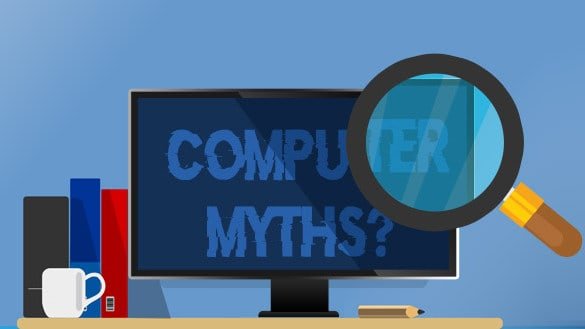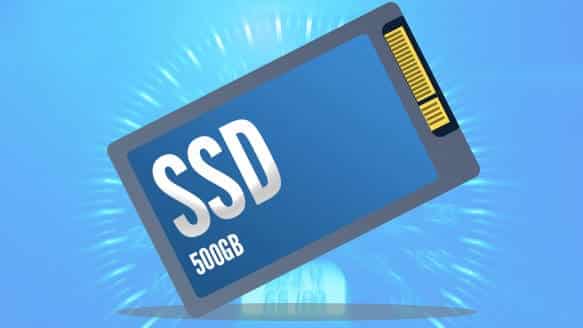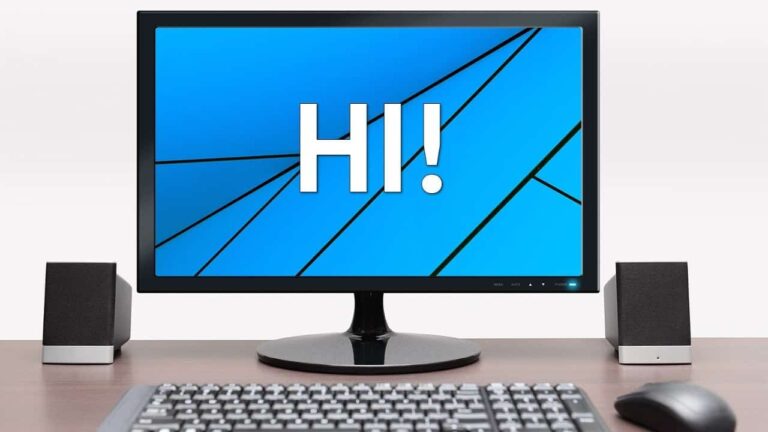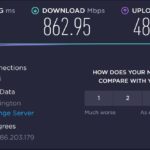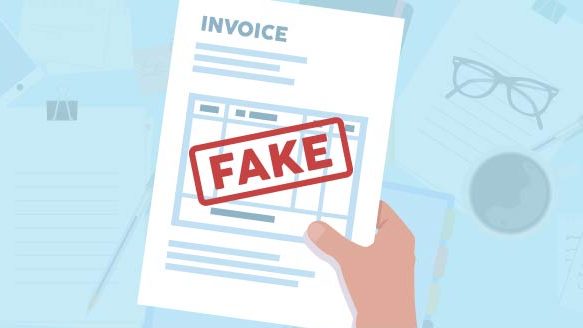#1 – A slow-running computer has a virus
When computers slow down, it’s common to suspect a virus or malware wreaking havoc. While it could be true, there are also many other reasons your computer might run slower:
- Programs that start automatically when you log in. If you don’t use them, it’s safe to remove or disable programs that start every time.
- You haven’t rebooted the computer for a long time. A restart clears its memory and needed at least once a week. Note – closing the laptop lid or putting it in a sleep mode doesn’t count!
- You have many programs running in the background. On a Windows PC, you can go into Task Manager (press Ctrl+Shift+Escape) and see what is running and the computer resources in use.
- You have an antivirus scan in progress. These can take several hours, particularly on older computers!
- You are running out of space on your hard drive or SSD. For efficient operation, they should have at least 10 to 20% space available.
- Your computer is using a spinning hard drive. These are the slowest part in most computers and still sold today. Replacing the drive with SSD will make a huge difference in performance!
- The computer is old. You may need to upgrade to a computer that can handle current software needs without slowing to a snail’s pace.
#2 – Macs don’t get viruses
Many Apple owners believe their Macbooks and iMac computers are immune to viruses. If only this was true! Macs do get viruses, although less often than Windows computers because they are simply targeted less than PCs. Why? There are many more computers running Windows, which means a bigger, easier target for cybercriminals.
As Apple’s market share rises, the threat to Macs is growing. Apple works to protect its users from malware, but you still need to use caution with downloads and when clicking on links from unknown sources. If it seems too good to be true, stay away from it!
#3 – My Windows registry needs cleaning up / My drivers need to be updated
Registry cleaning companies will say that scanning your Windows registry can speed up the computer and avoid error messages. The cleaner finds unused registry keys and any malware remnants for removal.
But let’s consider the fact that Microsoft has not released its own registry cleaner. Why not? Because it’s really not necessary. Worse still, going in to clean your registry (when you don’t know what you’re doing) can actually do serious damage.
Same thing with very common driver update utilities. If there are any important updates, they would usually get installed automatically when your computer gets security updates. Unless you are a gamer, you probably don’t ever need to update your drivers manually – it just won’t make a difference!
#4 – My laptop battery needs to be dead before I recharge if I want it to last longer
This was once true. Back in the 90s and early 2000s, Nickel-Cadmium batteries suffered from what was called a “memory effect.” If discharged and recharged to the same point several times, they would remember that point in the future and not go further.
Now, however, laptops typically come with Lithium-Ion or Lithium-Polymer batteries. They don’t suffer from this memory effect. In fact, they function better with partial discharge instead of letting the battery run down to zero.
#5 – I don’t have anything hackers would want
Cybersecurity should be a priority for everyone, not only large companies. Let’s put it this way:
- Do you have any money?
- Do you have an identity cybercriminals could use to access money or sell for money?
- Do you work anywhere?
Hackers have all kinds of ways to profit from your data or from hijacking your computer’s processing power. They can turn your computer into part of a bot network or use your information as a bridge into a business target’s system.

